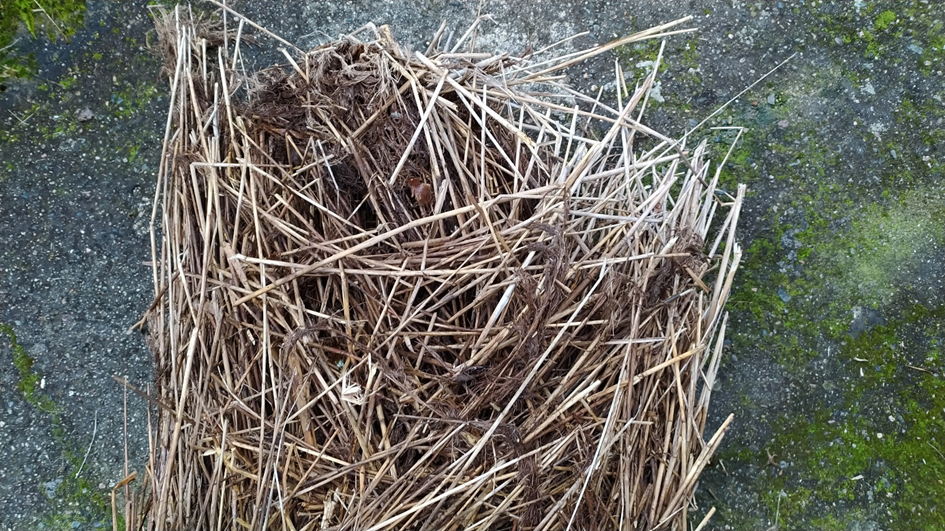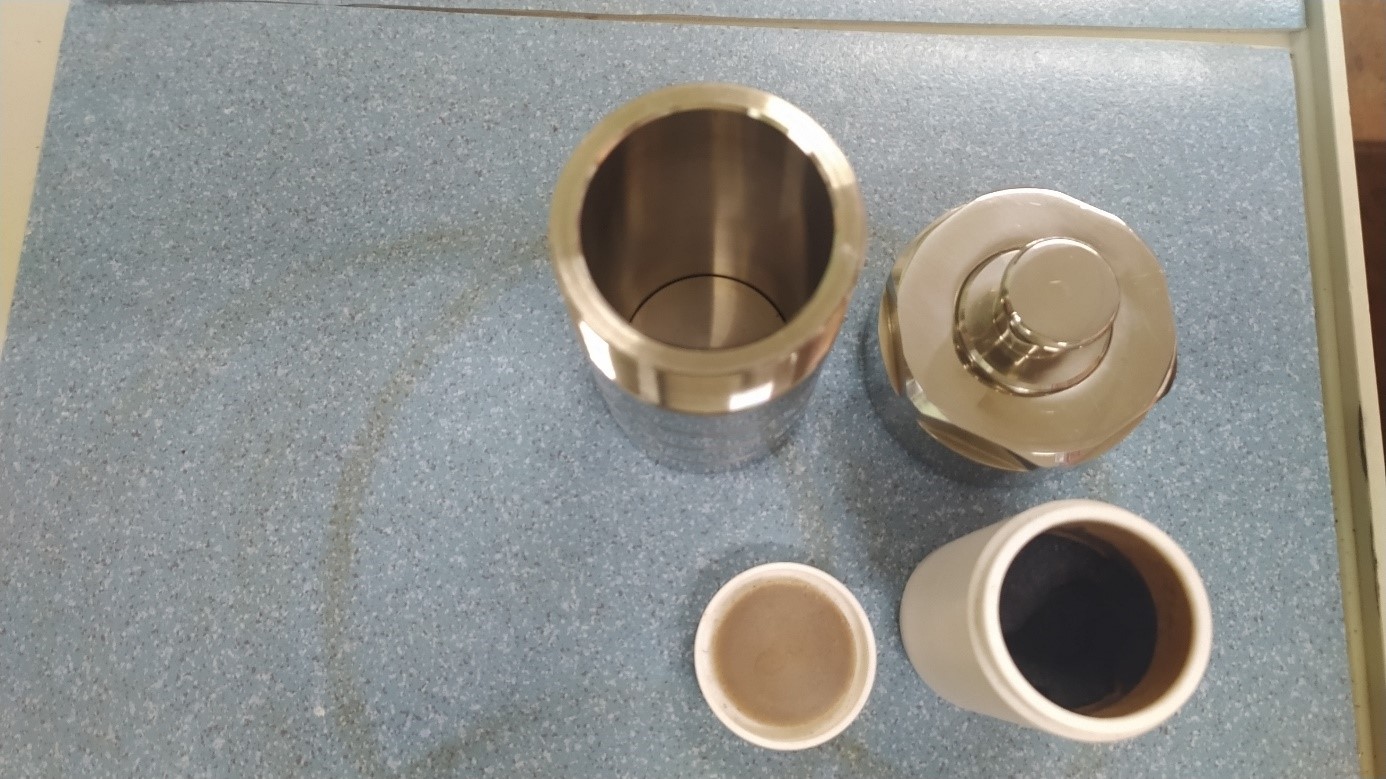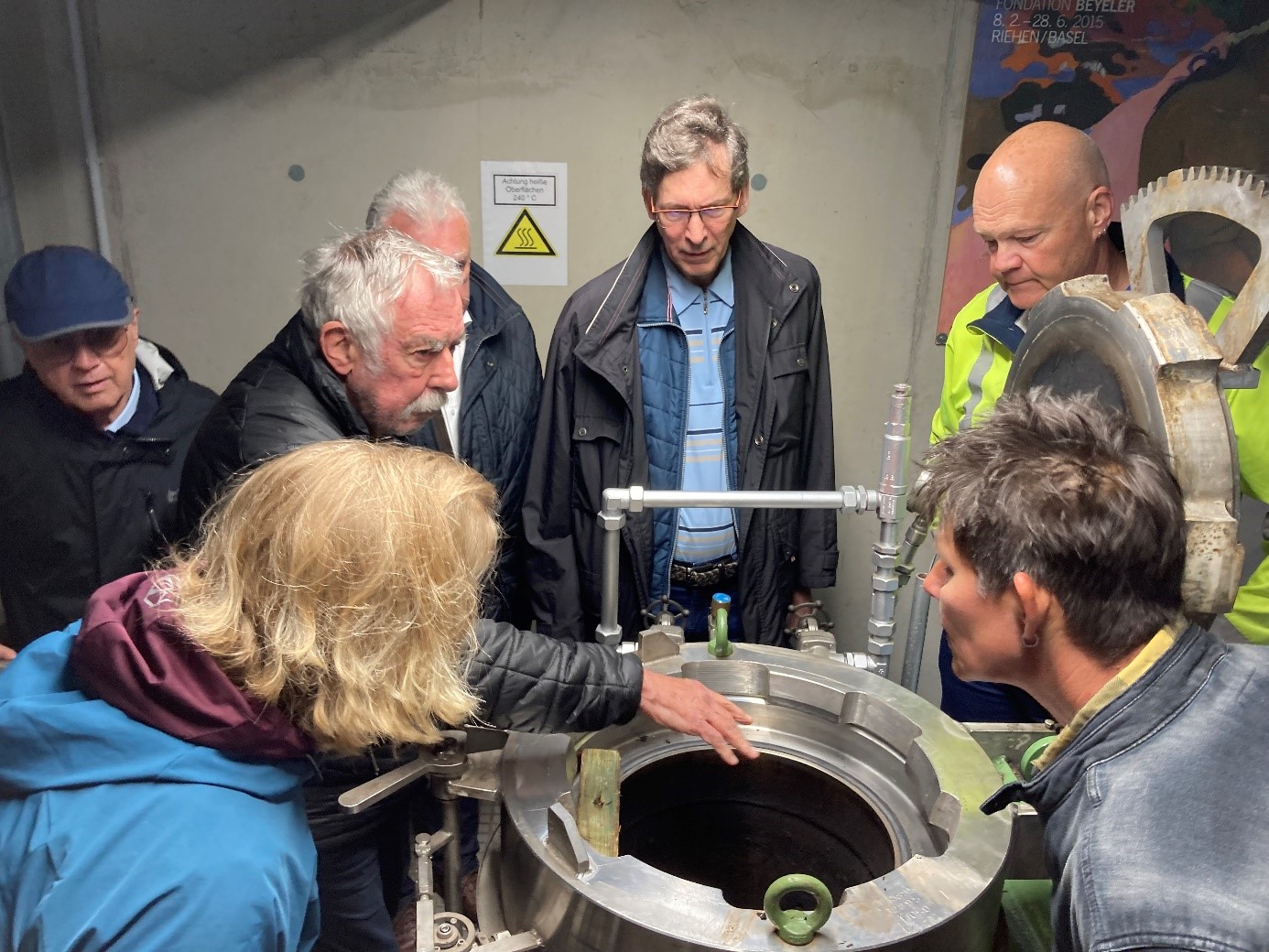Potting soil is a crucial component for nurturing plants, providing them with the necessary nutrients and support for healthy growth. However, a significant portion of commercial potting soil contains peat, a material obtained from the excavation of peatlands. Peat has long been valued for its ability to retain water and nutrients, making it an ideal ingredient for potting mixes. But, the extraction of peat causes almost 6 percent of the global CO2-emissions. That's why BUFFER+ works on the alternative.
The negative consequences of digging peat
Despite its usefulness, the extraction of peat poses severe environmental concerns. Peatlands are ecosystems that develop over thousands of years, hosting diverse plant and animal species. When these lands are excavated for peat, the destruction of habitat and disruption of natural processes occur on a large scale. This leads to the loss of biodiversity and contributes to the release of stored carbon dioxide into the atmosphere, causing climate change. Furthermore, peatlands play a crucial role in carbon storing, acting as a carbon sink by storing vast amounts of carbon below the surface. The excavation and drainage of peatlands result in the release of this stored carbon, which causes global warming.
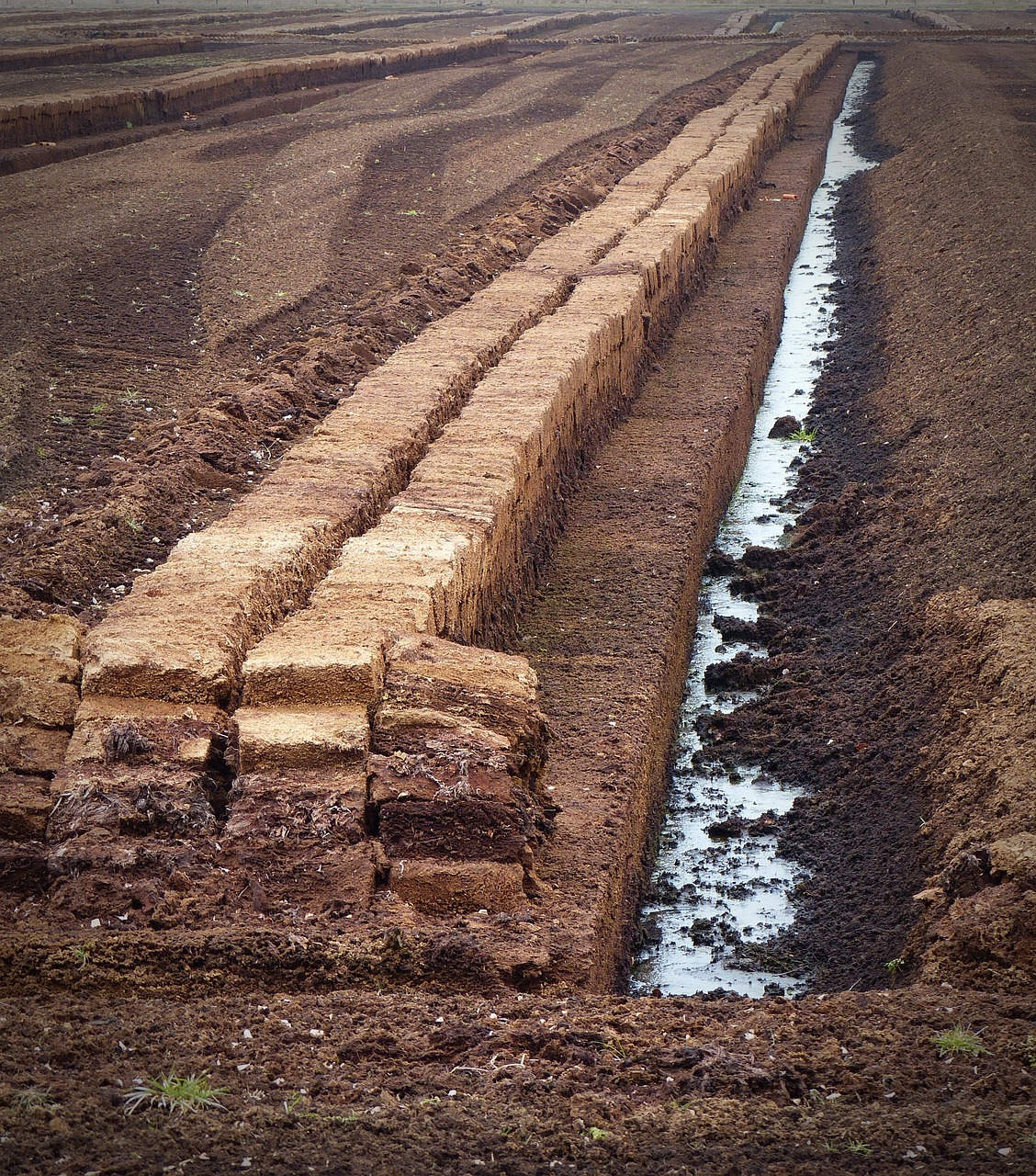
BUFFER+ works on the alternative
Recognizing the urgent need for alternatives, projects like BUFFER+ are pioneering solutions. In Germany, collaborative efforts between BUFFER+ partners aim to develop substitute materials for peat in gardening soils. HTCL Innovations GmbH Lingen, Ökowerk and the University of Emden want to develop substitute materials for peat in garden soils to reduce peat extraction in peatlands. Not only different compositions need to be tested, but the substrates also need to be chemically and microbiologically analyzed through by Bioclear Earth (the Netherlands) for their suitability, safety and productivity for the crops that will later grow in them. Through meticulous analysis and testing, innovative compositions involving fibers from plants like flax, hemp, and Silphie show promise. These materials mimic peat's characteristics, providing optimal water retention and soil structure without compromising microbial breakdown.
In France, the BUFFER+ project focuses on Brière, a region historically impacted by peat extraction. Partnering with local stakeholders, the project explores utilizing biomass from marsh litter, thatched cottage waste, and reed reaping leftovers to produce peat alternatives. These efforts not only mitigate peat dependency but also promote circular economy practices by repurposing agricultural by-products.
The Pays de Loire Chamber of Agriculture is taking part in the BUFFER+ project, testing plants and wastes from the Brière region to produce an alternative substrate to peat by HTCL, without competing with food production.
Three types of biomass are being tested in 2024:
- Marsch litter: these are the hardest plants, not grazed by cows, and can be harvested to mulch livestock buildings in winter.
- Waste from the old roofs of Brière thatched cottages
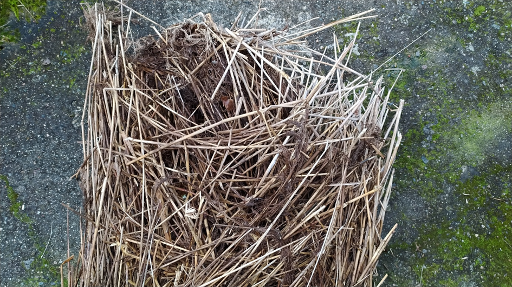
- Waste from reed reaping: freshly cut in May to cover thatched cottages
The French team hopes the first results will be conclusive. Reusing by-products from livestock farming and buildings would be a fine example of circular economy within the BUFFER+ project.
Collaborative research and progress
The insights and pilot projects in Germany and France are part of a broader collaboration among BUFFER+ regions. By pooling resources and knowledge, the project aims to develop sustainable agricultural practices, including gentle peat moss extraction, across wetland areas.
Challenges and future prospects
While the journey towards a viable peat alternative may be lengthy, the demand is pressing. Current substitutes, like coconut fibers, are costly and unsustainable in the long term. Moreover, regulatory frameworks in European countries, including BUFFER+ regions, increasingly prioritize peat conservation. Therefore, the ongoing efforts of BUFFER+ partners, including HTCL Innovations GmbH Lingen, Ökowerk, Bioclear Earth, University of Emden, and Pays de Loire Chamber of Agriculture, remain crucial in paving the way for sustainable gardening practices.
In conclusion, transitioning away from peat-dependent potting soils is essential for preserving fragile ecosystems and mitigating climate change. Through collaborative research and innovative solutions, initiatives like BUFFER+ offer hope for a greener, more sustainable future in gardening and agriculture.
